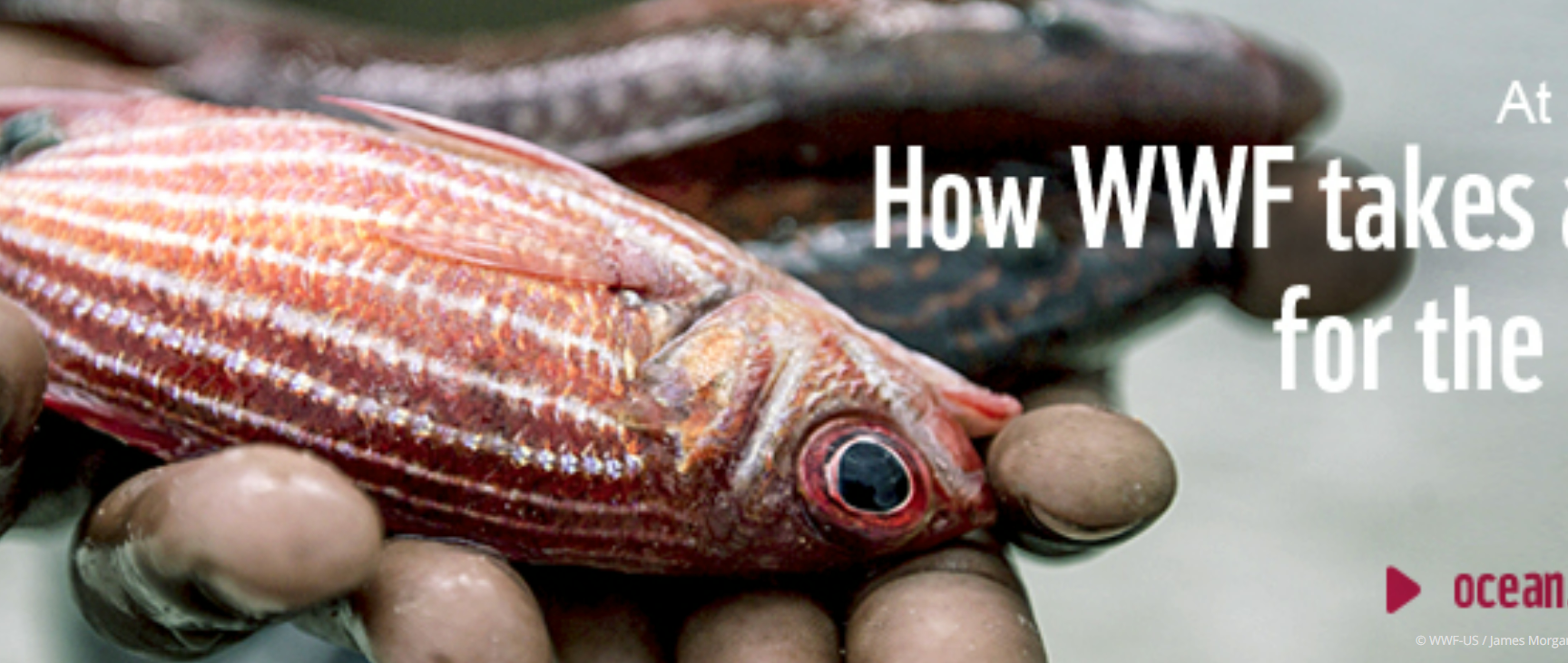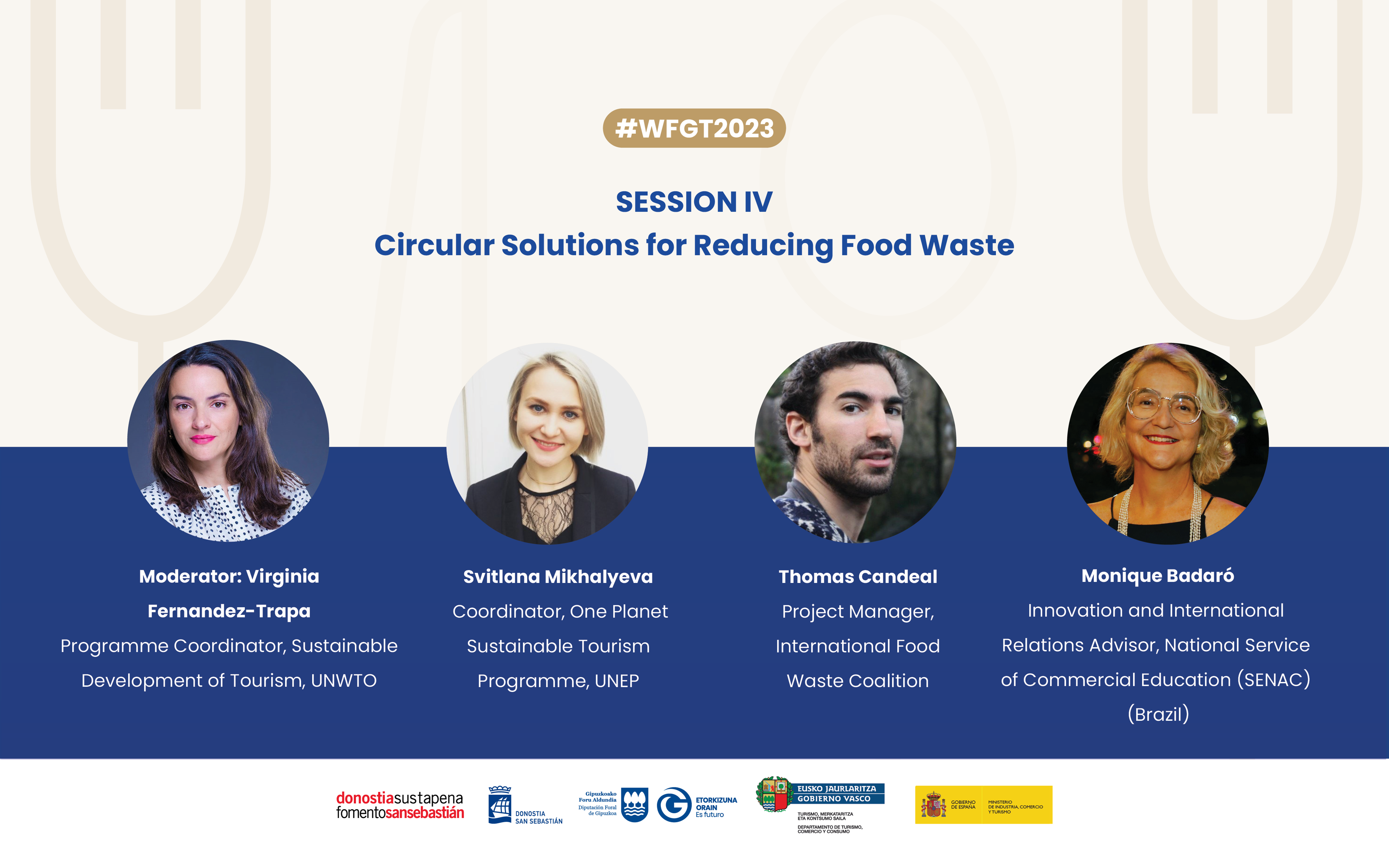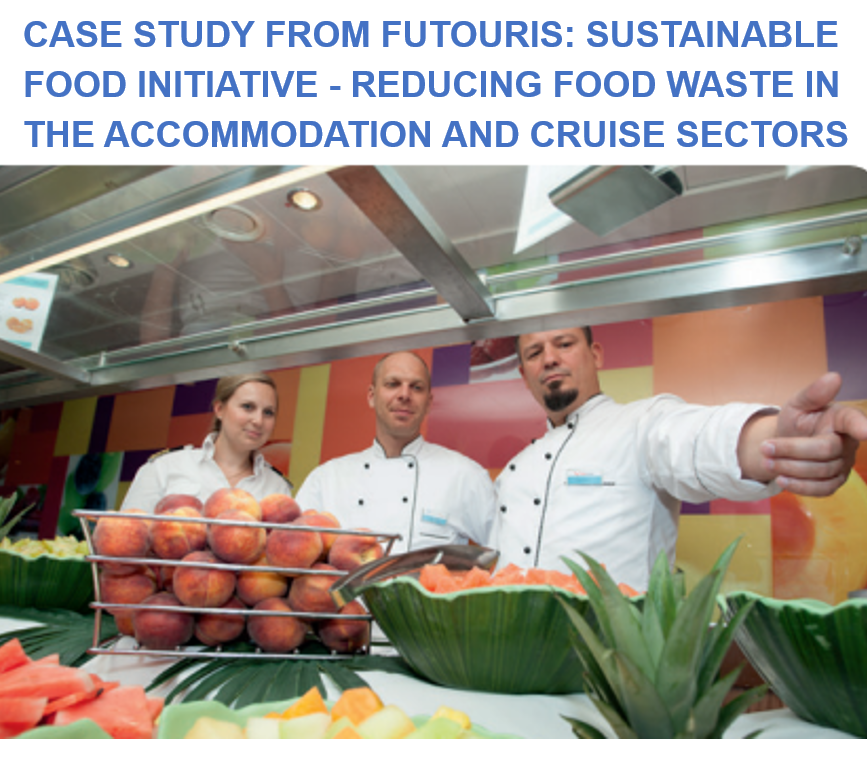World Wildlife Fund's (WWF) Seafood Guides
WWF, together with the North Sea Foundation and the Good Fish Foundation, developed two methodologies to assess the environmental sustainability of the origins of seafood species from wild-capture fisheries and aquacultures. These methodologies underpin the advice provided on the many consumer seafood guides that WWF has developed which guide consumers in making environmentally responsible seafood choices.
Yet the solutions are in our hands, because the seafood you choose can determine whether tomorrow’s generations will continue to enjoy the oceans’ riches.
Check out WWF's seafood guides and remember also to look for seafood products that carry either the MSC or ASC eco-labels.
Sustainable food production and consumption is one of the most important levers to protect planet and people. One reason for this is the constantly and rapidly growing demand for food in a world whose population is expected to grow to over 9 billion people by 2050. At the same time, food producers around the world often do not receive a fair share of the global food trade and in many cases work under poor conditions. Additional pressure comes from greenhouse gas emissions caused by food production, which play a crucial role in climate change. Furthermore, the health aspect of food is a major concern, especially in modern societies, and rapid socio-cultural change raises the issue of protecting food cultures and traditions. While food consumption is considered by most tourists to be an important part of their trip, unsustainable food consumption can cause harm to tourists, locals, and destinations in general. Overuse of scarce resources, excessive food waste, and poor working conditions are some examples of areas where tourist food consumption has negative consequences for a destination.
External source(s)



